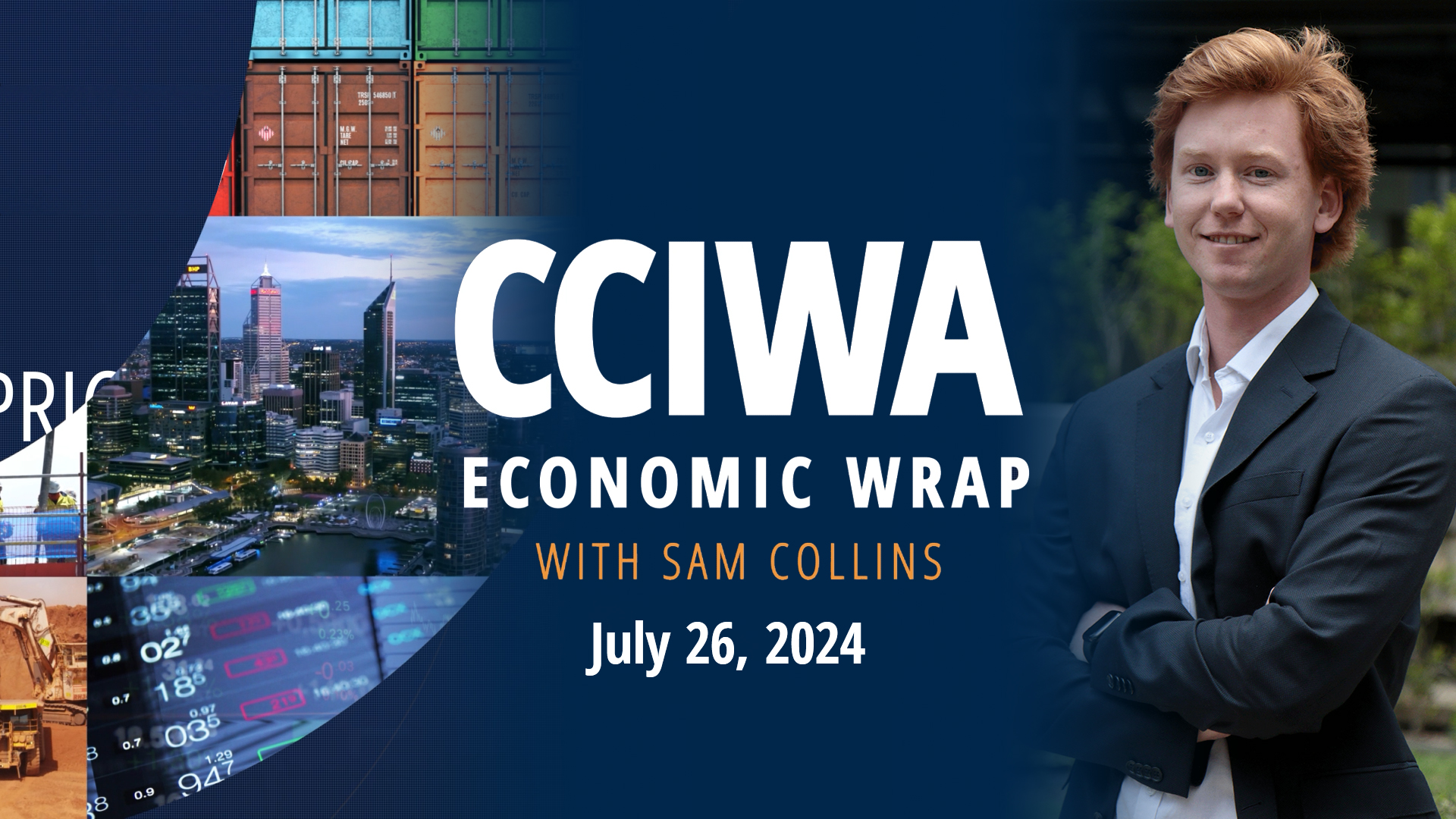Never make leadership too complicated. That’s the tip from MSWA CEO Marcus Stafford, who has held senior leadership roles globally in banking, freight and logistics, management consulting and not-for-profits.
As head of MSWA, he’s taken the organisation from bringing in $4.5 million in revenue with more than 100 staff in 2002 to this year’s $55m revenue with 750 staff.
MSWA, which supports people with Multiple Sclerosis and other neurological conditions, wouldn’t be in the healthy financially position it is today had it not been for his stewardship.
He came to MSWA after 12 years at Bankwest, which as head of retail banking he had 1800 staff reporting to him via branches, call centres and marketing.
Stafford says he learnt to keep things simple from his first boss in London. That was the CEO of the largest freight forwarding and logistics company in the world, who started work at the age of 14 riding his pushbike around the docks in England as a courier.
“That was his education, on the job. He took me under his wing and I’d be in these various meetings and people would say things I would grapple to understand because they were so complex.
“He would sit and listen and nod and then say in language I can’t repeat that “I don’t think I understand a word you just said to me”. That would diffuse the whole room. He’d break it down, make himself the lowest common denominator, which would get everyone else on board and the key areas to be discussed.
“He’d get the input and ideas around the table and we’d come back with a better solution and outcome as no one was left behind. He taught me a lot about that.”
Stafford says his leadership style has been shaped by the smart men and women he has worked with over the years, though he maintains as a leader you need the confidence and self-belief to be “true and strong” around decision-making.
“You equally have to have a level of awareness that you are not the monopoly of all good ideas so you are receptive to other ideas.”
Learn from the worst
Stafford says he’s learnt more from bad managers and his own mistakes over and above the best leaders he’s worked with and the best results he’s achieved.
“It’s been an interesting dichotomy in that regard,” he says.
“Probably the worst managers I have seen have been those who have considered people to be a commodity to be traded on the market. Those who have initially vacillated in their decision making and then changed their mind readily after the decision to go with the political ebb and flow of the tide.
“The worst managers I have seen have hired in consultants through their own weakness allowed those consultants to steal their watch and then tell them the wrong time, but because of their weakness and inability have followed the road map that’s been given them by the consultant, even if it’s wrong.”






